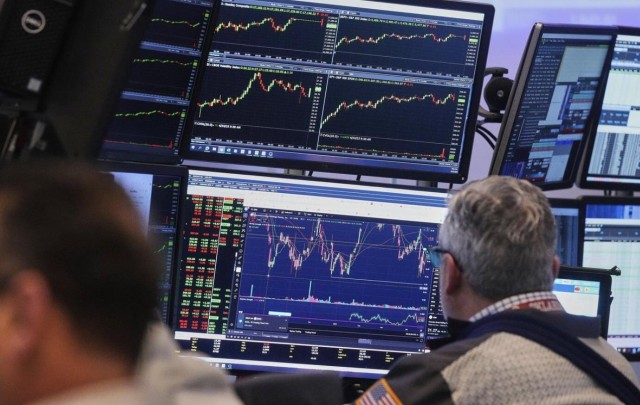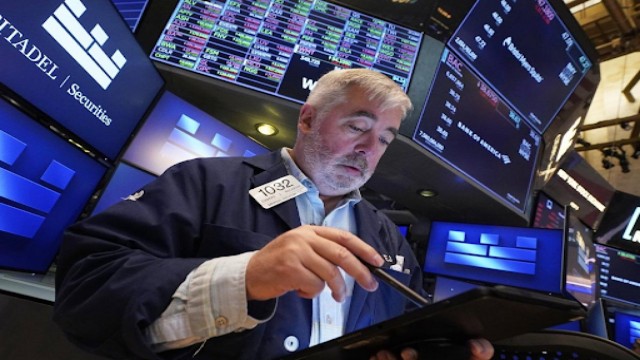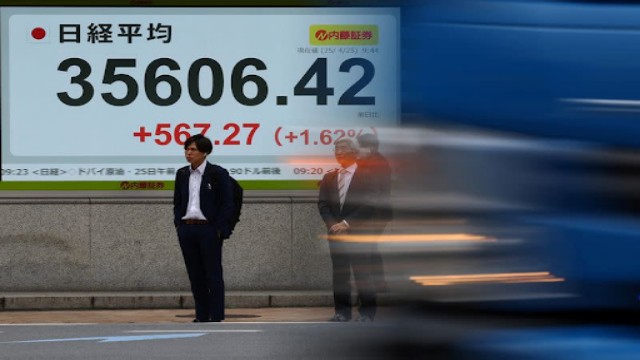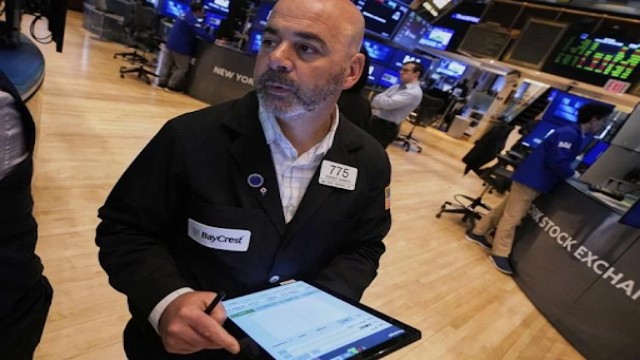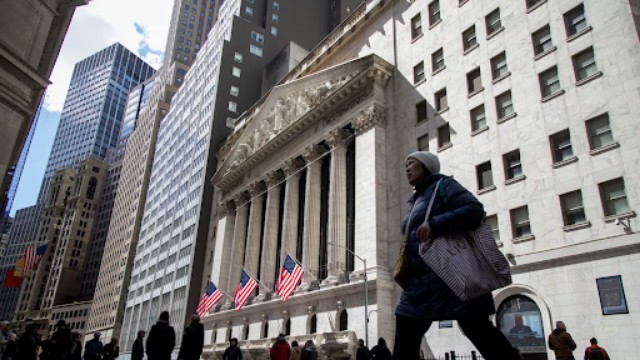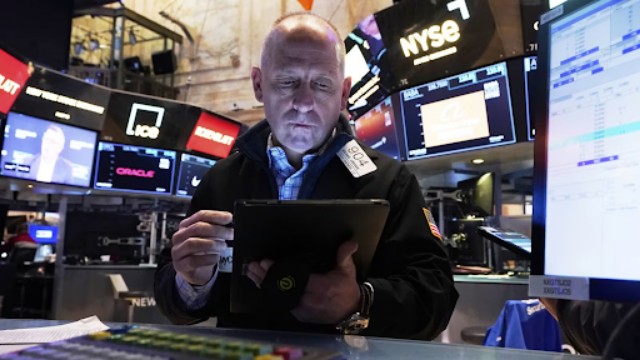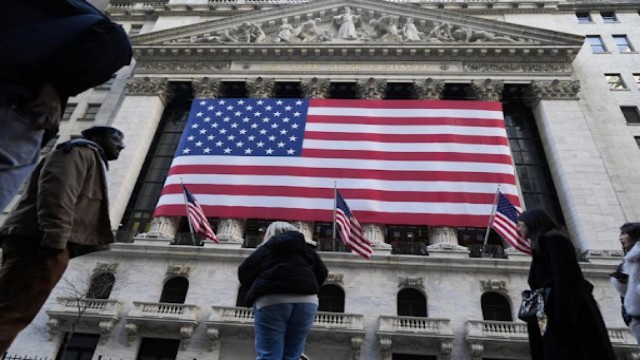
Fruits stored in the food pantry of West Valley Community Services in Cupertino, February 2024.
Inflation in the Bay Area picked up speed in April, rising faster than in previous months and indicating that high costs are persisting. According to a report by the U.S. Bureau of Labor Statistics, consumer prices in the region increased by 3.8% compared to the same month last year.
A major contributor to this spike was the rising cost of electricity and natural gas provided by utility companies like PG&E. The federal report highlighted that electricity costs surged by 24.4%, and natural gas prices went up by 14.4% annually.
This 3.8% increase in the Bay Area's inflation rate is significantly higher than the average of 2.6% recorded over the previous six months, and it's the first time since August 2023 that the rate has exceeded 3%. For comparison, the national inflation rate was 3.4% in April, showing that the Bay Area is experiencing more intense inflation than the country as a whole. However, this is still an improvement from June 2022, when the area's inflation rate peaked at 6.8%.
Residents are feeling the pinch from these rising utility costs. Leticia Mora from San Jose, who is on the CARE program for discounted utility rates, remarked on the increasing expenses. Meanwhile, Patrick Baluyot from Mountain View commented on the overall high cost of living, stating, "Everything is pretty expensive."
Gasoline prices have also risen, with a 12.3% increase for regular unleaded in April compared to last year. Food prices, although rising at a slower rate than overall inflation, showed varied changes. Food eaten at home went up by 2.5%, whereas dining out saw a 4.4% increase. Specific food categories changed as follows: cereals and bakery products up 4.1%, dairy up 3%, meat and eggs up 1.3%, and fruits and vegetables down 0.3%.
Brett Highly from San Francisco noted the stark difference in gasoline prices between the Bay Area and Indiana, with prices in California being significantly higher.
The Federal Reserve has maintained high interest rates in an effort to control inflation, but recent reports suggest limited success in reducing price hikes. Brian Wesbury, chief economist at First Trust Advisors, indicated that inflation progress has stalled since mid-2023, casting doubt on the possibility of interest rate cuts in 2024.
In an interview, PG&E CEO Patricia Poppe expressed optimism about future cost reductions for customers, suggesting that bills could start decreasing by 2025 or 2026. However, Mora remains skeptical, doubting that these decreases will happen as promised.


